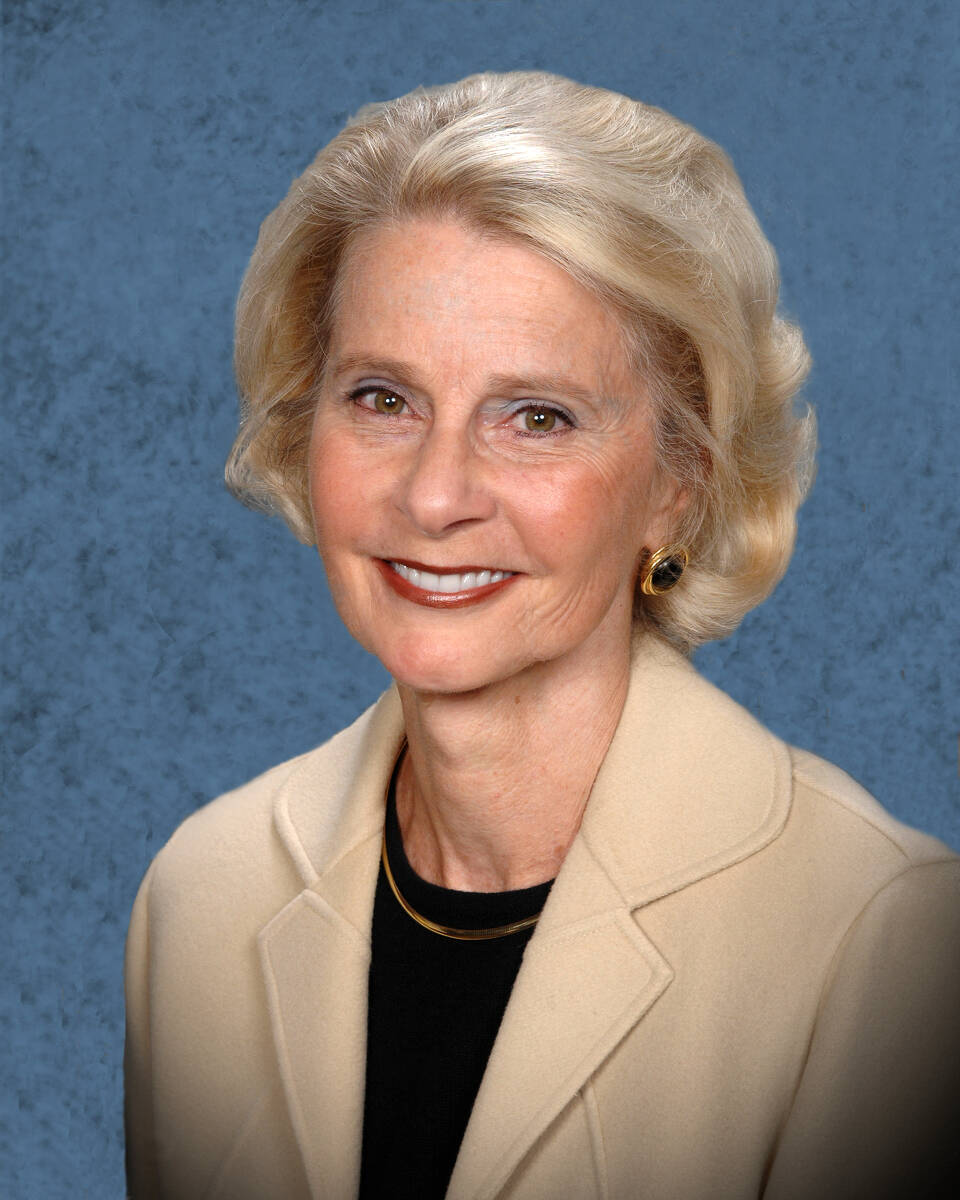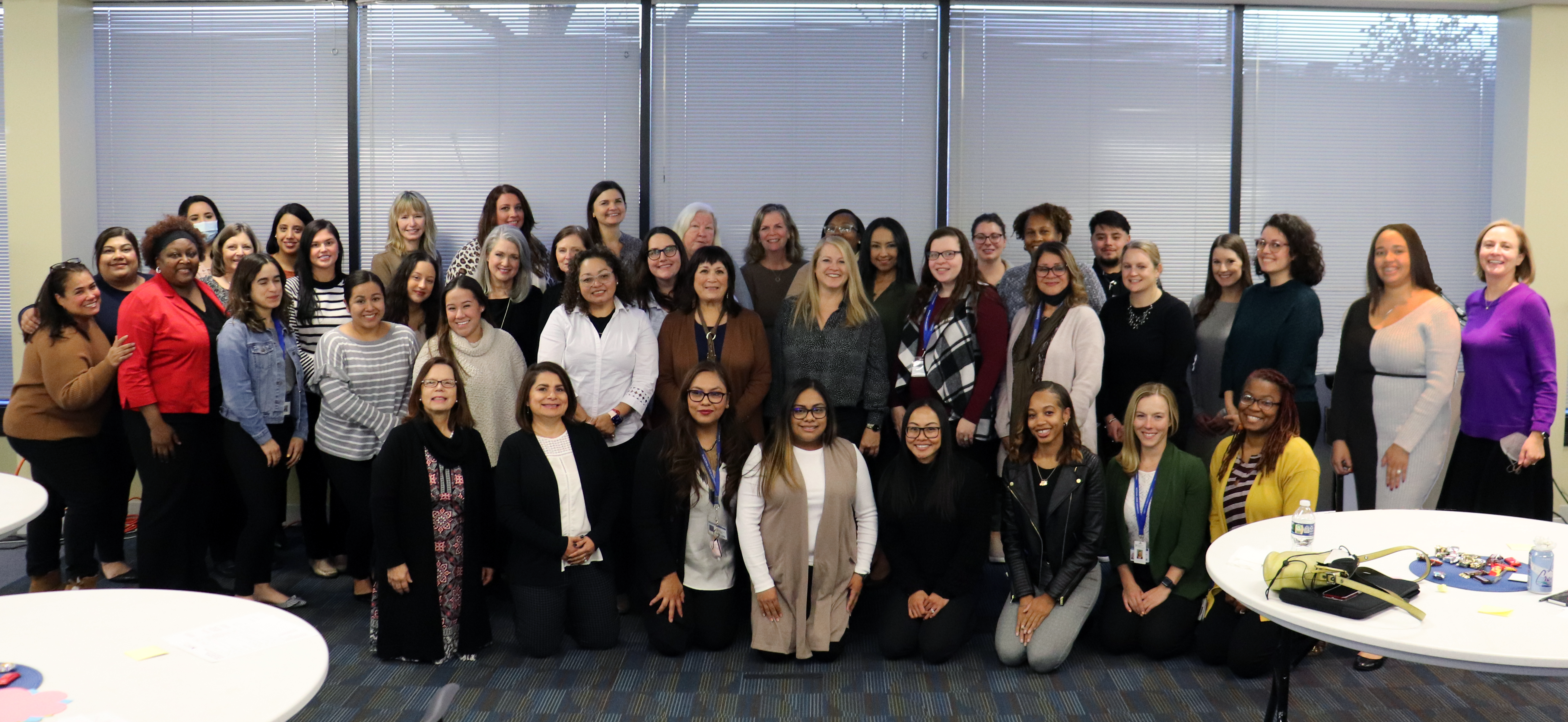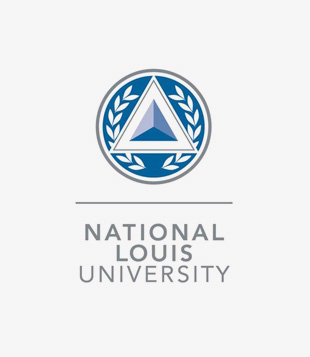Our Mission
To cultivate and strengthen leadership that promotes excellence and increases the impact on the early childhood education and care profession.
Our Vision
We envision a thriving and unified profession that recognizes excellence in leadership as an essential component of a sustainable early childhood education and care ecosystem.
Our Values
- Innovation
- Access
- Excellence
- Equity
Land Acknowledgement
At the McCormick Institute for Early Childhood at National Louis University, we acknowledge and respect the legacy of the tribes on whose historic lands our three offices are located. From Chicago, the Odawa, Ojibwe, and Potawatomi Nations as the signers of the Treaty of Chicago. Other tribes include the Ho-Chunk, Miami, Menominee, and Peoria peoples. From Lisle and Wheeling, the Algonquin people include the Sauk and Fox, Miami, Peoria, and Kickapoo. We encourage everyone to learn more about the original stewards of the land we occupy and find ways to connect with and support contemporary indigenous communities.
FAQ:
- Why do we acknowledge the land?
On the journey toward equity and racial justice, we must acknowledge our past and present. To acknowledge is an exercise in restorative justice. We are acknowledging those who were erased, slaughtered, and stripped of their rights and land. We recognize the truth of our past, that some were brought here against their will, and others were violently driven from their land through genocide and colonization. In acknowledging the harshness of policies past and present, we work to understand the many legacies of displacement, violence, and migration.
- Why does the McCormick Institute need a Land Acknowledgment?
The legacies of displacement, violence, migration, and settlement are inherent in our educational systems. To live up to our mission and vision of advancing the field and providing responsive early childhood systems, we must recognize this reality.
- Why did the McCormick Institute do this now?
As part of the McCormick Institute’s commitment to greater diversity, equity, and inclusion, this Land Acknowledgment is a step in recognizing historical injustices against indigenous communities.






